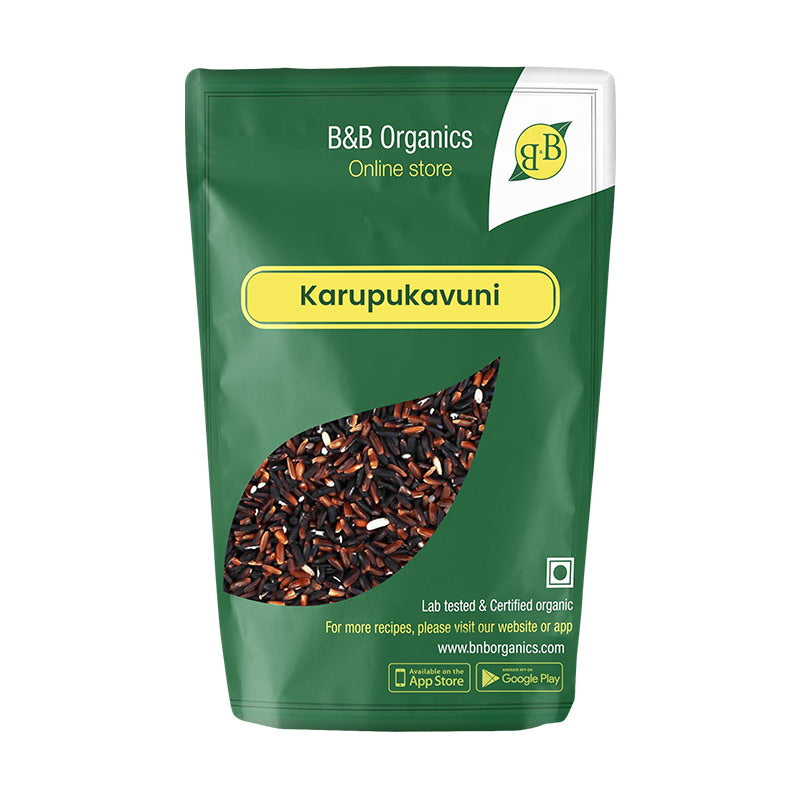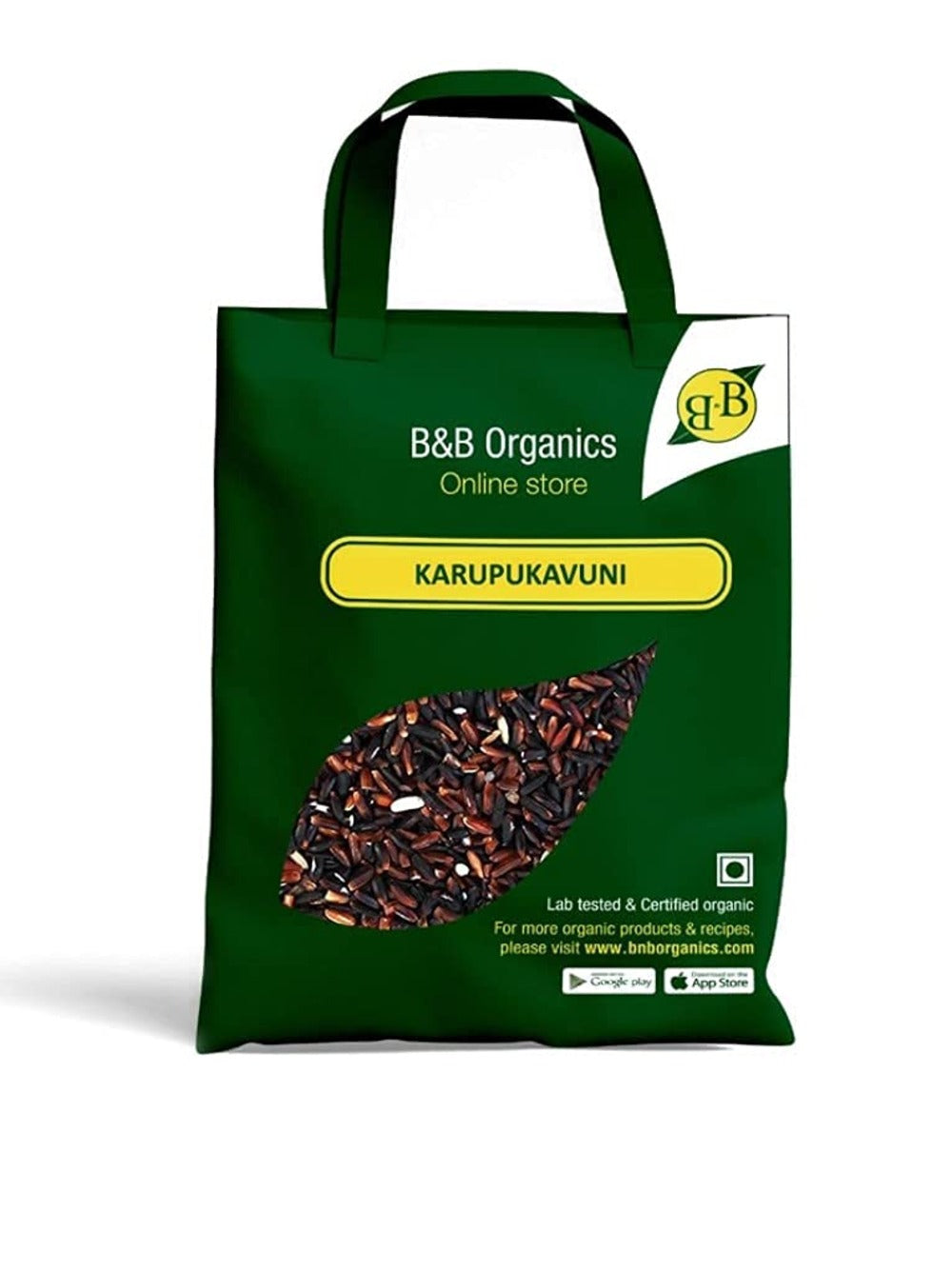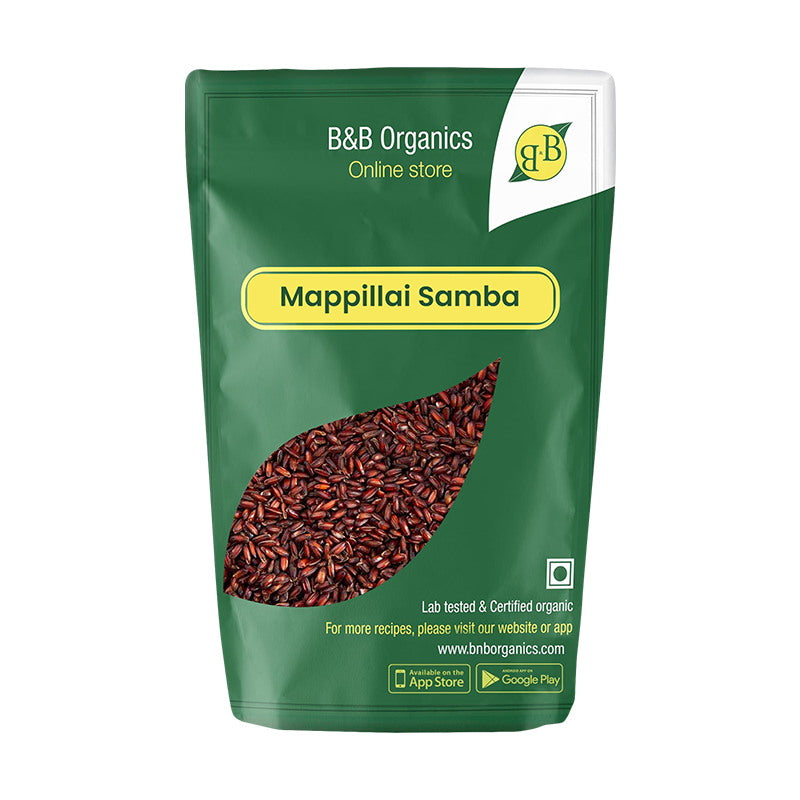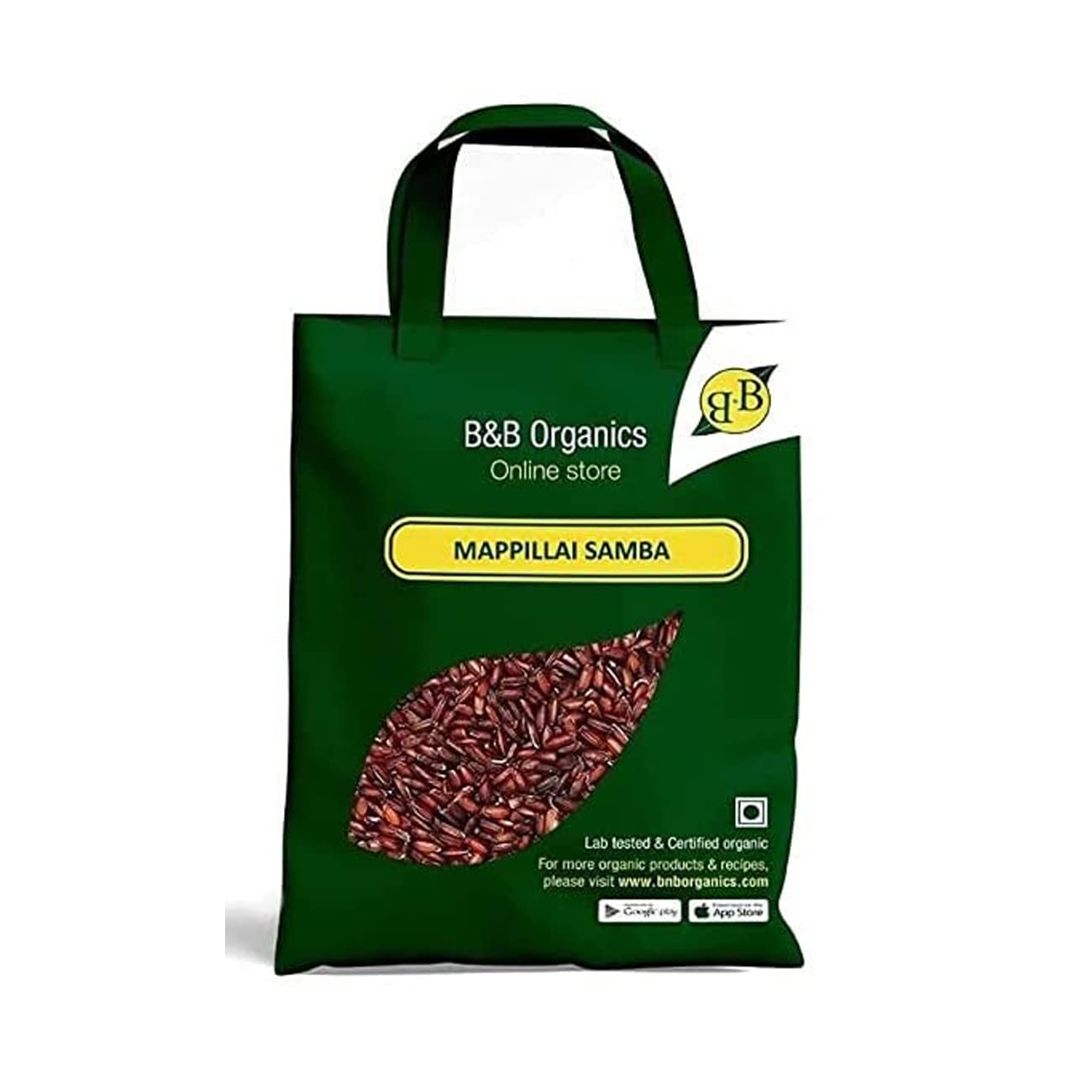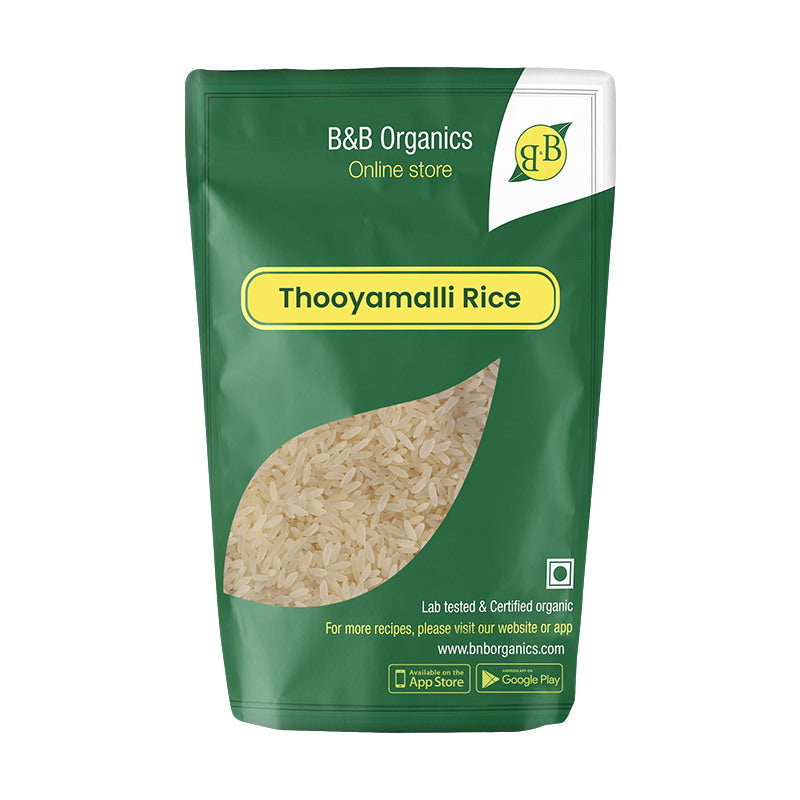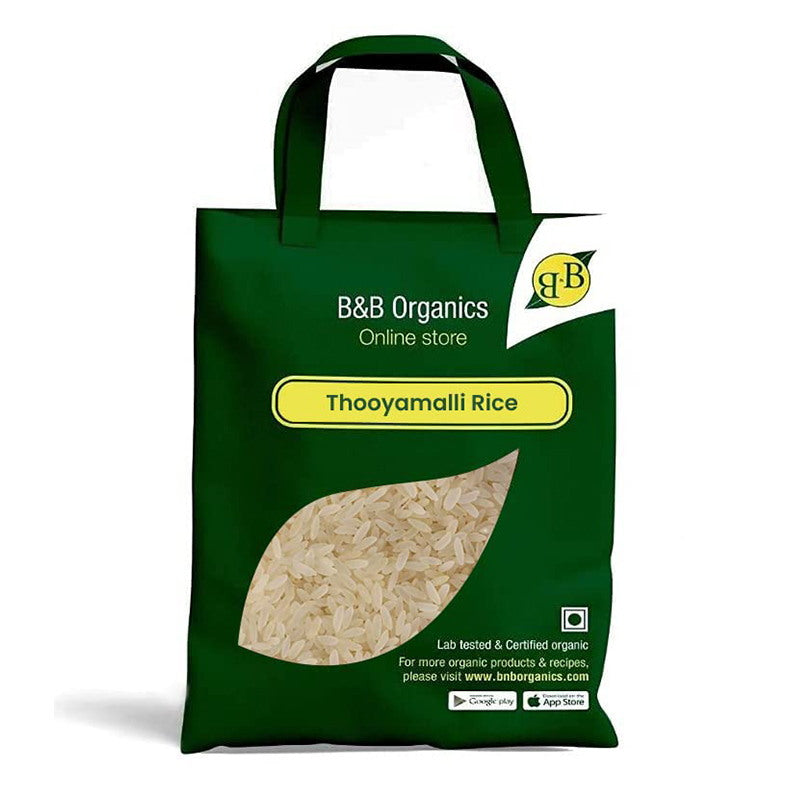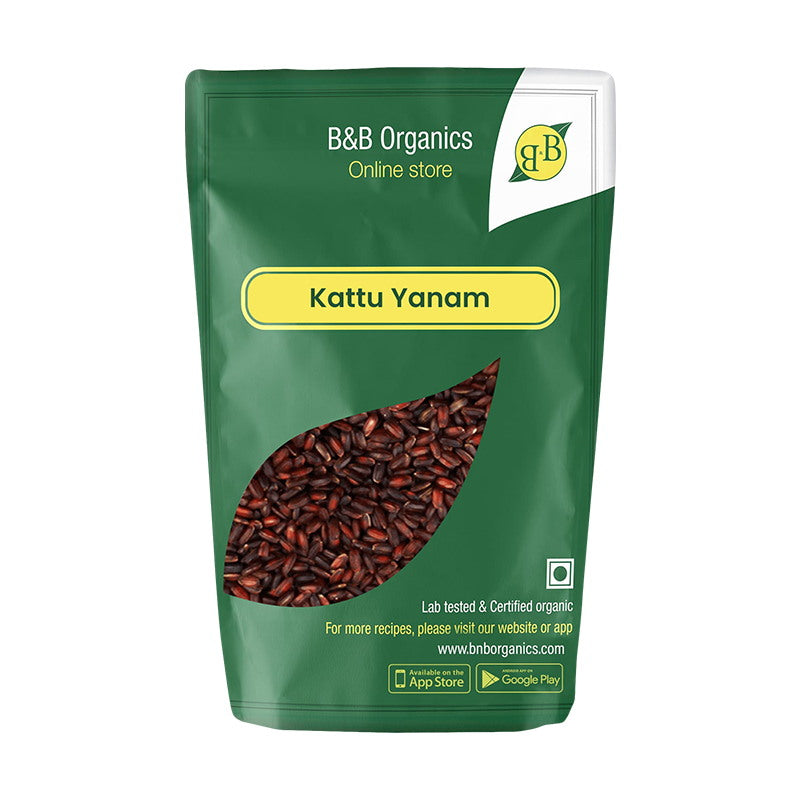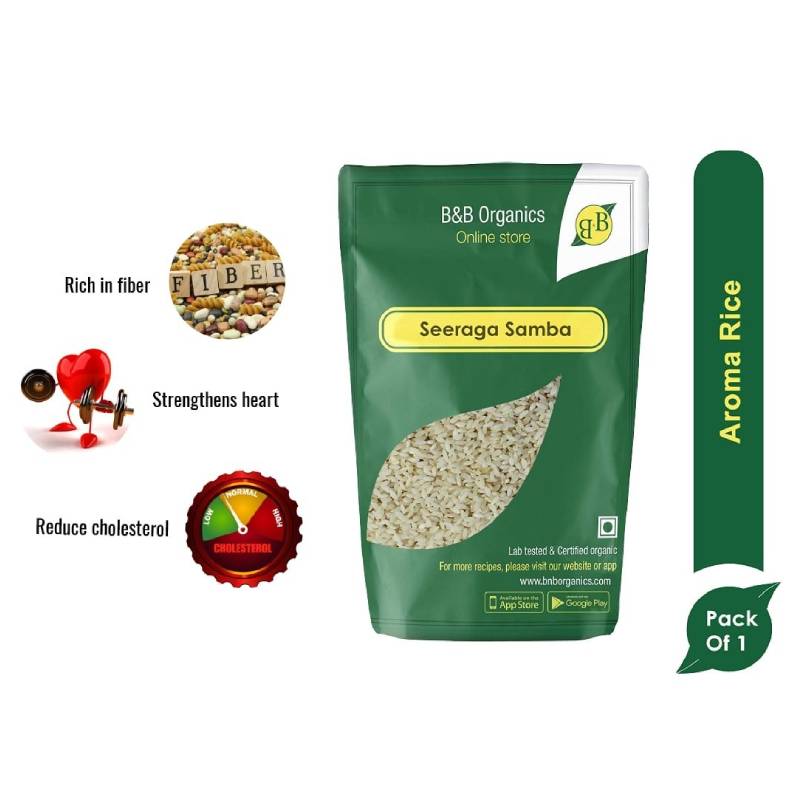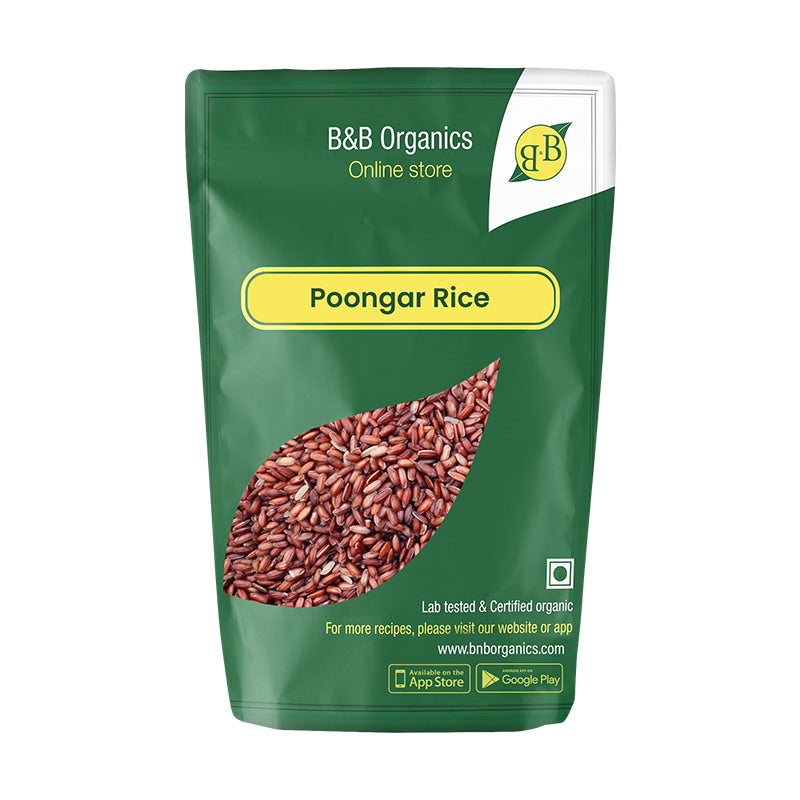What exactly is hard pounding? Pounding separates the husk and converts paddy into edible rice.
The grains retain their beneficial properties throughout this process. There is no equipment, chemicals, or energy used in this process.
As it is crushed in a mortar, pestle, and stone grinder, hard pounding is among the healthiest versions. In Tamil, this is known as kaikuthal arisi.
As hand-pounded rice has selenium, it reduces the likelihood of developing colon cancer. This rice is full of fibre.
Rice provides nutrients that help avoid cardiovascular conditions and breast cancer. Besides that, it lessens the risk of artery plaque.
Moreover, it's been shown to lower the rate of cardiovascular problems.

The Characteristics of Hand-Pounded Ponni Rice:
A better alternative to normal rice is hand-pounded natural rice. It has a lovely rosy brown colour and makes a delicious side dish if coupled with veggies.
It is the perfect kind of rice for lunch, and a tiny serving at evening makes you feel full completely.
Hand pounded Ponni Rice Health Benefits:
Anti-Aging Compounds:
This hand-pounded ponni rice is high in vitamin E, a powerful anti-aging ingredient. Due to its natural antioxidative, it aids in preventing premature ageing signs.
Halts The Growth Of Gallstones:
Gallstone formation is known as cholelithiasis. Insoluble fibre intake may decrease the likelihood of cholelithiasis.
Eating insoluble fibre can assist in reducing bile cholesterol levels, decreasing bile acid production, and speeding intestine commute times.
Neurotransmitter formation:

Protein's amino acids act as its basic components and are vital to our bodily function.
They are essential for important functions like protein synthesis and the release of hormones and neurotransmitters. They aid in lowering fatty liver.
Manganese Content:
The hepatic, pancreas, bone, kidneys, and brain can all retain manganese, given the reality that the human body cannot produce it. Taking it with vitamin D and calcium aids in the advancement of strong bones.
Manganese secretes insulin in the pancreas, which lowers the rate of developing type 2 diabetes, in a second study. It helps with the formation of blood clots along with vitamin K.



